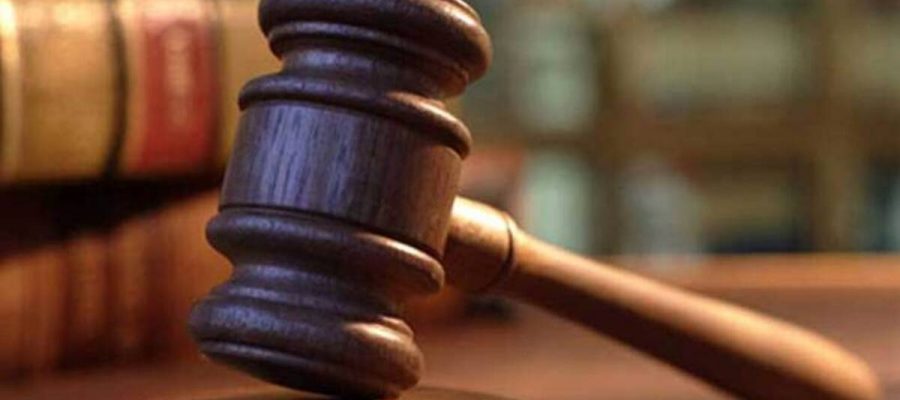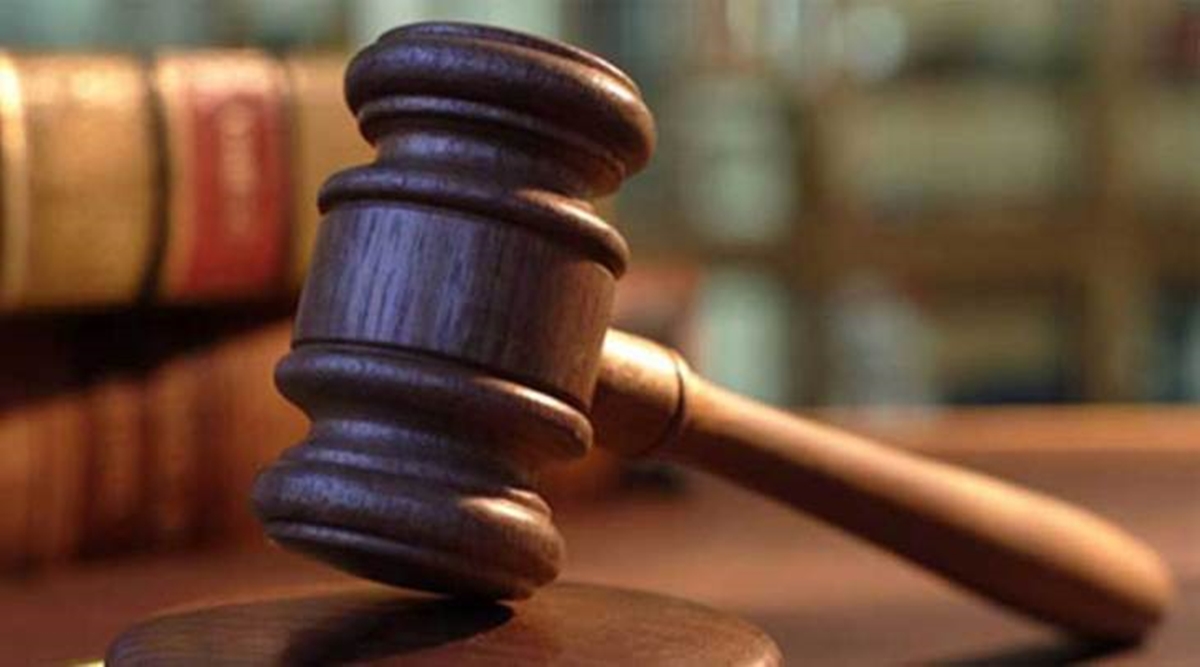While Arnab Goswami got interim bail from the SC with alacrity in a case of abetment to suicide on the principle “bail, not jail, is the rule”, many bail petitions are not taken up for hearing.
American philosopher and political activist John Hospers once said: “By far the most numerous and most flagrant violations of personal liberty and individual rights are performed by governments.” In India, we saw this happen in 1975 when Indira Gandhi imposed internal emergency, suspended fundamental rights, and on a massive scale imprisoned political leaders and others opposed to her, under the draconian Maintenance of Internal Security Act. The only option for those in custody was to knock on the door of the courts. Hence, a number of habeas corpus petitions courts were filed in various high courts, and many of them were allowed. Aggrieved by such orders, the state came in appeal to the Supreme Court. The SC, by a majority of 4:1, overturned the decisions holding that when Emergency is in operation, the right to life and personal liberty under Article 21 of the Constitution would stand suspended. The judgment infamously came to be known as the ADM Jabalpur case. It was a dark chapter not only in the history of our nation, but also the judiciary.
After 45 years, history seems to repeat itself, albeit without any formal declaration of Emergency. Anyone who is not in sync with the present government or its policies is branded anti-national, urban Naxal or a member of the tukde-tukde gang. Agencies such as the income tax department, CBI, ED, and NIA are let loose against such persons. By and large, the mainstream media — the fourth pillar of democracy — is dancing to the tune of the government. Some who are not falling in line find themselves in jails under trumped-up charges of sedition or the Unlawful Activities (Prevention) Act.
If any proof is needed, one may recall the case of journalist Siddique Kappan, who was arrested on October 5, 2020, under the UAPA when he was on his way to Hathras to cover the gangrape of a 19-year-old. More recently, sedition cases were filed against senior journalists and Congress MP Shashi Tharoor for spreading fake news regarding the death of a farmer on January 26, even after the version in question had been retracted.
The farmers who have been peacefully protesting at Delhi’s borders for over two months in the bitter cold of December- January are being called anti-nationals, or Khalistanis. Their movement is sought to be discredited on the ground that someone from amongst them hoisted a religious flag at Red Fort on January 26, even though farmers allege that the person involved in the incident was an election agent of a BJP MP from Punjab, and have also circulated his photographs with top BJP leaders.
In the above scenario, judiciary is the last bastion of hope for beleaguered citizens. Unfortunately, the courts instead of standing for protecting the liberty of the people are leaning in favour of the state.
While Arnab Goswami got interim bail from the SC with alacrity in a case of abetment to suicide on the principle “bail, not jail, is the rule”, many bail petitions are not taken up for hearing. Take Kappan’s case. The bench headed by the CJI reportedly said the court wanted to discourage Article 32 writ petitions for such matters, and Kappan thus was told to go back to the concerned high court. Incidentally, B R Ambedkar described Article 32 as the “heart and soul of the Constitution.”
The SC also denied interim protection from arrest to the makers and artists of the series Tandav, facing criminal cases on charges of hurting Hindu religious sentiments despite them having deleted the alleged offending scenes, and tendering an unconditional apology.
Recently, the Madhya Pradesh High Court rejected the bail application of comedian Munawar Faruqui, who was arrested following a complaint by the son of a BJP MLA that he hurt Hindu religious sentiments while performing in a comedy show. The material placed before the HC by the prosecution comprised the statement of the complainant, two witnesses, and seizure memos, including a pen drive containing a recording of the show. However, the witnesses merely said that he was standing in the gallery and rehearsing. Incidentally, the statements of the two witnesses were replicas of each other, which should have been discarded or were at least sufficient to cast a shadow on their credibility. In any case, the accused denied having performed or uttered anything as alleged. The court preferred to believe the police version as against that of the accused on the ground that the investigation was still on, and the voice sample of the accused was yet to be taken — as if a voice sample can only be taken while the accused is in custody.
The SC in the order granting bail to Goswami castigated the Bombay High Court in failing to make a prima facie evaluation of the FIR to ascertain whether it disclosed commission of the offence as alleged, and held that the court abdicated its constitutional duty. The SC also observed that “deprivation of liberty even for a single day is one day too many”. But these words, salutary as they are, remain unheeded.
It seems the ghost of ADM Jabalpur is still alive and kicking despite having been overruled, and despite the Supreme Court having in one case observed that it should be buried ten fathoms deep.
The writer is a former judge of the Delhi High Court
Source: Read Full Article


